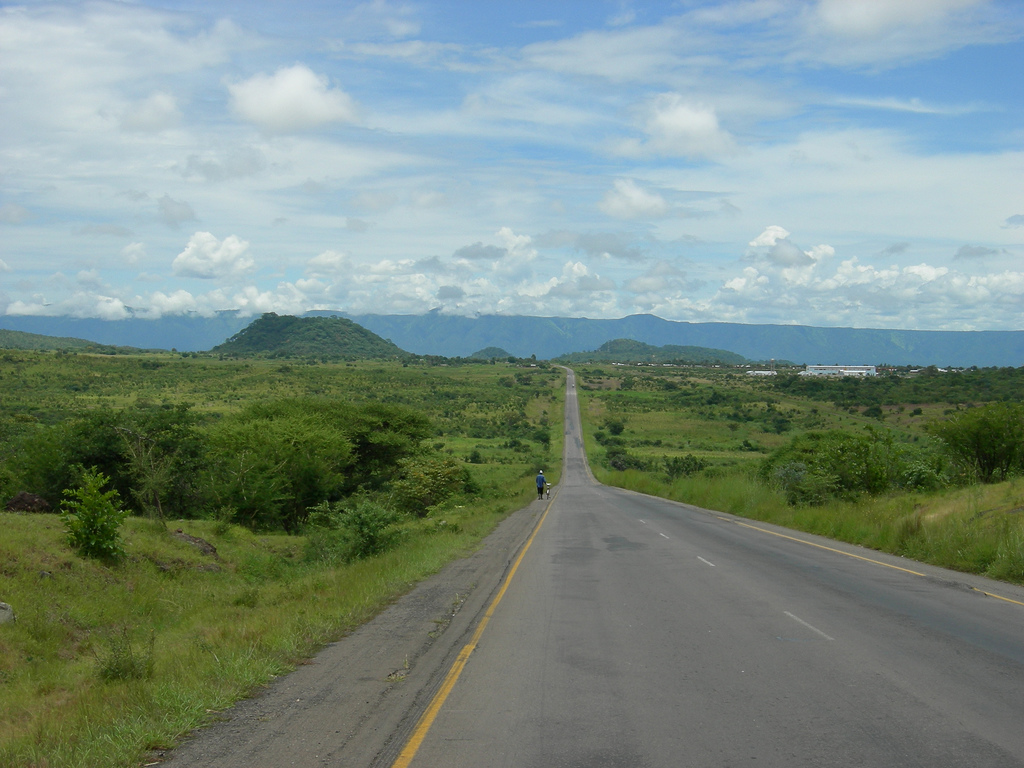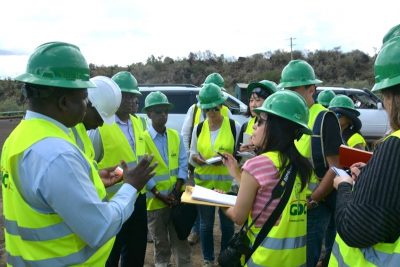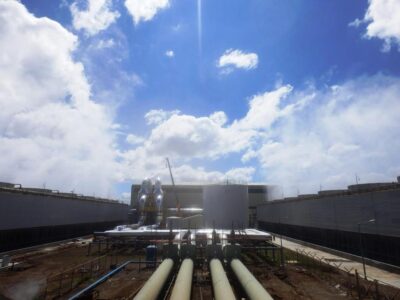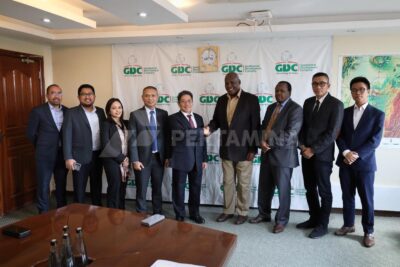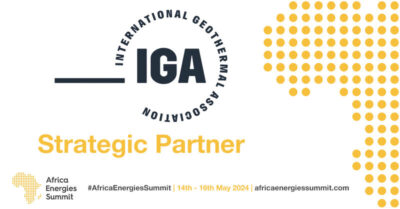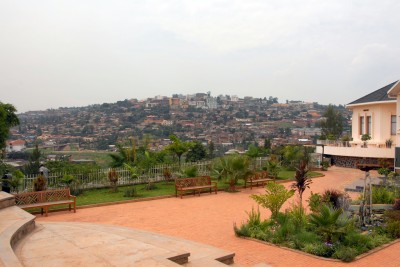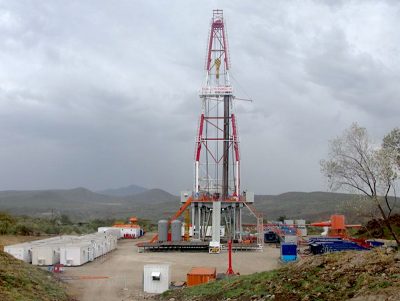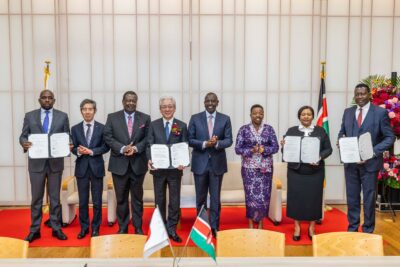African Development Bank Climate Fund allocating $115 M towards geothermal
In a recent statement sent by the African Development Bank, there will be a grand total of $115 million USD for geothermal and solar projects as part of the Climate Investment Funds for Africa.
As released in the statement from the African Development Bank:
At the semi-annual Climate Investment Funds (CIF) governing body meetings held June 25-28 in Montego Bay, Jamaica, nine African nations were chosen to receive new funding and operational support from the CIF’s Scaling Up Renewable Energy in Low Income Countries Program (SREP). The nine African countries are: Benin, Ghana, Lesotho, Madagascar, Malawi, Rwanda, Sierra Leone, Uganda and Zambia. This increases the number of African countries piloting CIF climate-smart investment plans to 25, nearly half of all 55 countries in Sub-Saharan Africa.
The African Development Bank (AfDB), one of the CIF’s five implementing agencies, worked with the countries to garner the support and will serve as implementing agency for the countries as they develop their new CIF investment plans.
“This move sends an impressive signal for change,” stated SREP co-chair Erastus Wahome, representative for Kenya, the first country to operationalize a CIF transformational geothermal program in Africa. “The additional donor support for energy transformation is a clear sign of confidence in the success we’ve already seen taking place in low-income countries in Africa and other regions, and a sign of developing countries’ continuing enthusiasm to commit to CIF-style transformation. I am proud that Kenya has helped lead the way for this transformation.”
An independent Expert Group selected the countries from a group of 40 countries expressing interest in joining the SREP. Some of the criteria used to select the countries included low energy access rates, existence of an enabling policy and regulatory environment, renewables-friendly energy development strategies, strong governance capacity, and capacity for implementation. In their final decision, the SREP Sub-Committee agreed that it would provide up to $300,000 for each country to undertake development of an SREP investment plan.
At the meetings, the governing bodies also welcomed the appointment of Mafalda Duarte, the AfDB CIF coordinator, as the new global Programme Manager of the CIF effective August 4. Duarte also weighed in on the significance of the SREP decision, stating, “We are delighted at this vote of confidence and opportunity for starting a process leading up to new transformational investments in low-income countries’ in renewable energy. It is now incumbent on all of us to ensure that the new pilot countries can produce investment plans which are solidly linked to their own development goals and meet CIF criteria. As the new CIF Programme Manager, I am fully ready to ensure effective support to these countries at a level which meets their enthusiasm and commitment.”
Other Africa-relevant approvals made by the CIF Committees include:
A revised investment plan for Nigeria with $25 million allocated to AfDB for a utility-scale solar photovoltaic (PV) project;
A revised investment plan for the Middle East and North Africa (MENA) in which AfDB will channel $119 million from the Clean Technology Fund (CTF) to support Noor II and Noor III Concentrated Solar Power (CSP) projects in Morocco;
Dedicated Private Sector Programs (DPSPs) that will extend expected financing of $115 million to development of geothermal and solar PV energy in African CIF countries.
In the days immediately prior to the Committee meetings, the CIF also staged its fourth Partnership Forum, a global gathering of nearly 500 CIF stakeholders, including non-governmental organizations, private sector, and indigenous peoples’ representatives. In the Forum, AfDB and representatives of other key African institutions showcased their extensive learning in the field of climate action. AfDB staff actively participated in the plenary sessions, focusing on gender, independent monitoring, enabling private sector engagement, and de-risking geothermal exploration. Further, the AfDB staff had a strong presence at the Forum’s Knowledge Bazaar. A critical fact highlighted during the Forum is that a third of Africa’s nations are now using CIF and AfDB support to transform their development paths into climate smart plans for their citizens.
